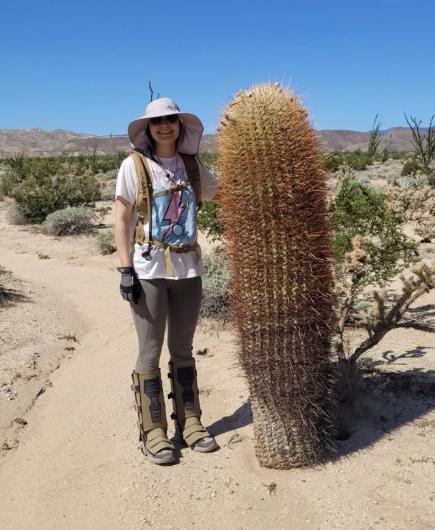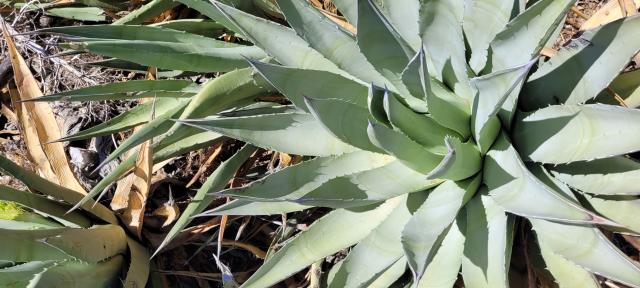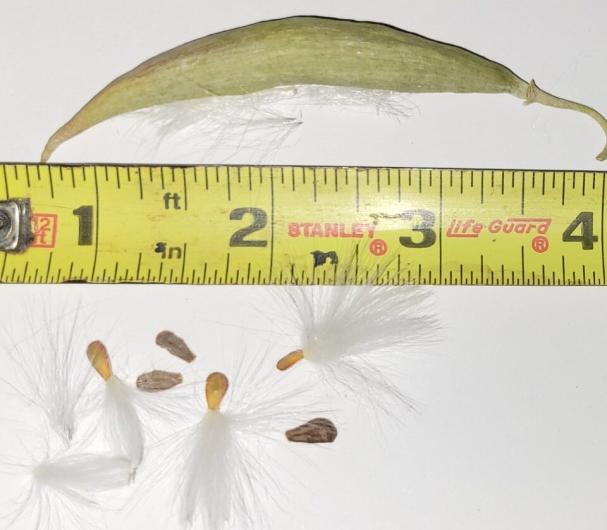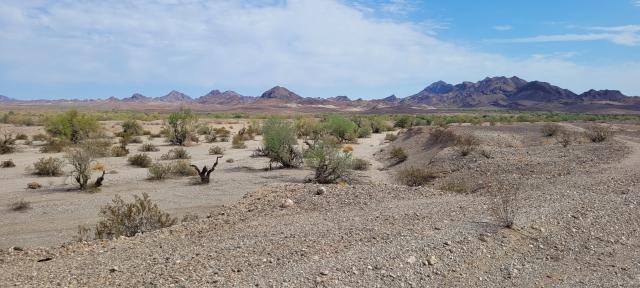Related Stories
- BLM recreation sites available to all: Exploring accessibility on California’s public lands
- A day on patrol with BLM Arizona Ranger Rocco Jackson
- BLM recreation sites available to all: Exploring accessibility on Arizona’s public lands
- Overcoming challenges to move the BLM forward: Nikki Haskett
- Connecting Utah students to public lands careers
Office
1661 S. 4th Street
El Centro, CA 92243
United States
Phone:
Email:





